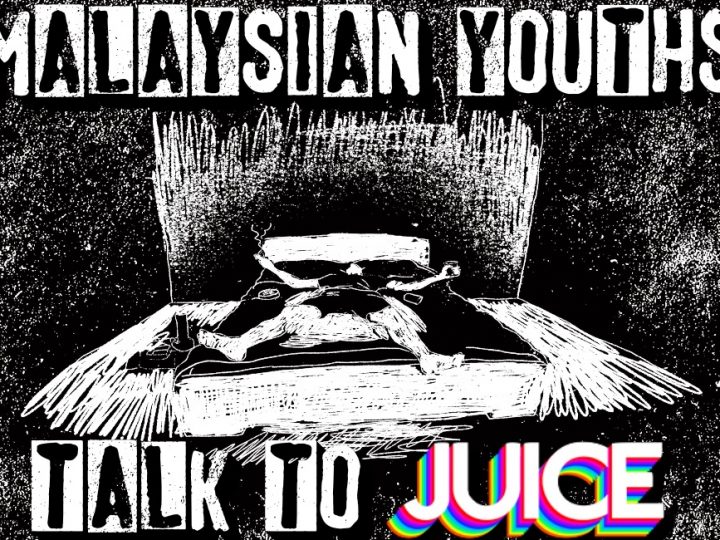M’sia Suicide Attempts Rise To 61% Since 2016, Mostly Involving Men Aged 19 to 40 Years Old
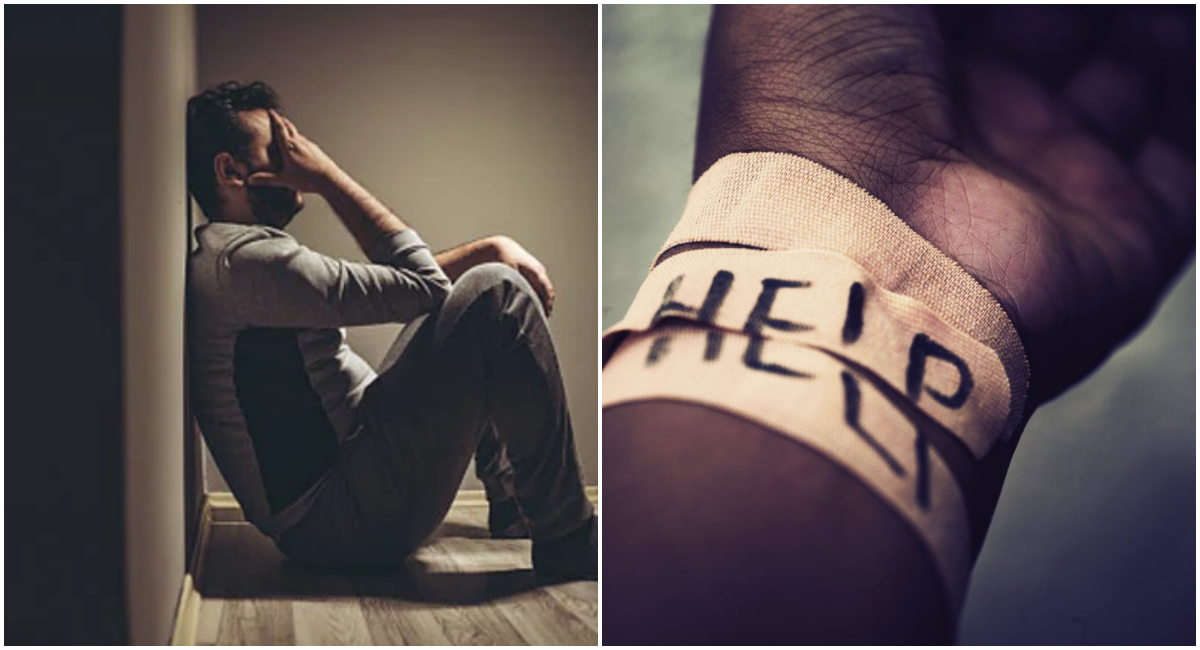 Thirsty for JUICE content? Quench your cravings on our Instagram, TikTok and WhatsApp
Thirsty for JUICE content? Quench your cravings on our Instagram, TikTok and WhatsApp
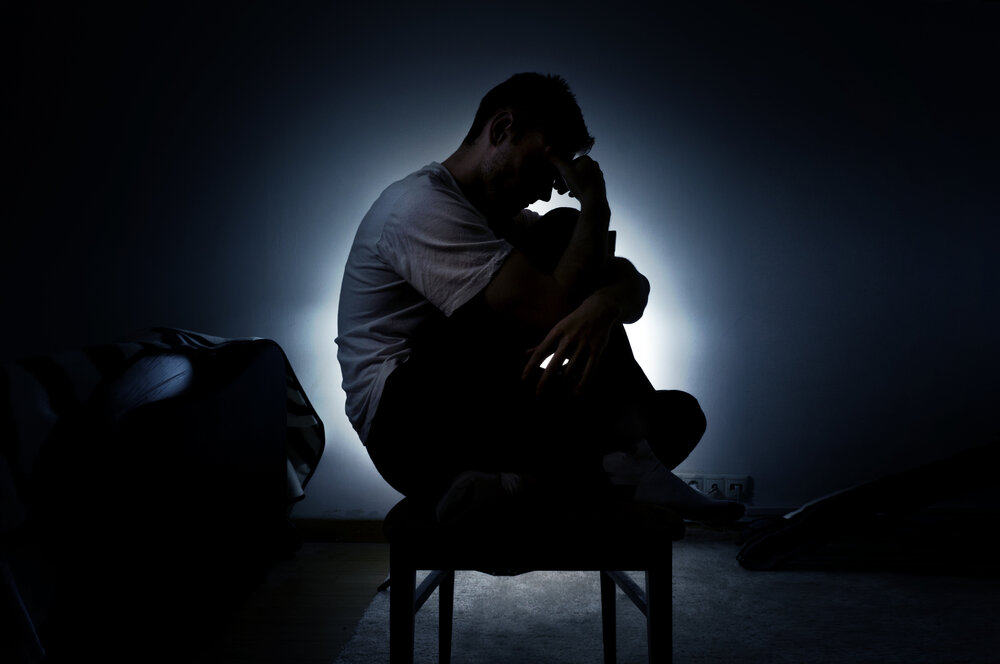
It is incredibly disheartening to see that the number of suicide attempts has risen 61.7% over the course of six years from 2016 in Malaysia, according to the data given to NST.
Most of these cases involve adult men aged 19 to 40.
The data shows that 193 people attempted suicide in 2016 whereas 312 people attempted suicide in 2021.
Of the 312 cases reported, 67.9% or 212 were male.
The reasons cited for the attempts are:
- emotional pressure (88 cases or 28.2 per cent)
- mental illness (27 or 8.7 per cent)
- financial constraints (22 or 7.1 per cent)
- drug abuse (13 or 4.2 per cent)
- illness (seven or 2.1 per cent)
- other reasons (155 or 49.7 per cent)
Majority of the cases in 2021 were among the Malay community (84 cases or 26.9 per cent), followed by Chinese (71 or 22.8 per cent), Indian (66 or 21.2 per cent).

JUICE has had many open conversations regarding mental health in the wake of the Covid-19 pandemic and it is true how the factors mentioned above have significantly affected the psyches of Malaysians over the years.
In our conversation with youths in Malaysia, unemployment, drug use, alcohol use and overall stagnancy caused by the unforeseen aftermath of the pandemic were cited as reasons for their overall mental state.
Solutions such as better rehabilitation treatments and facilities as well as mental health days have been suggested in our series of interviews and it is further substantiated by Malaysian Psychiatric Association committee member, Dr Mohd Fadzli Isa who said that companies should have in-house mental health personnel to support employees’ mental health.

“They will be able to deliver mental health first aid including being a person that can listen and direct troubled colleagues towards proper mental health assessment.
“Trained employees in mental health can help the company create a safe physical space/environment in the company for troubled colleagues to come forward with their mental health issues.
“This will help promote mental health as an important component of health, reduce shame, fear, disgrace, stigma and discrimination towards mental health,” he told NST.
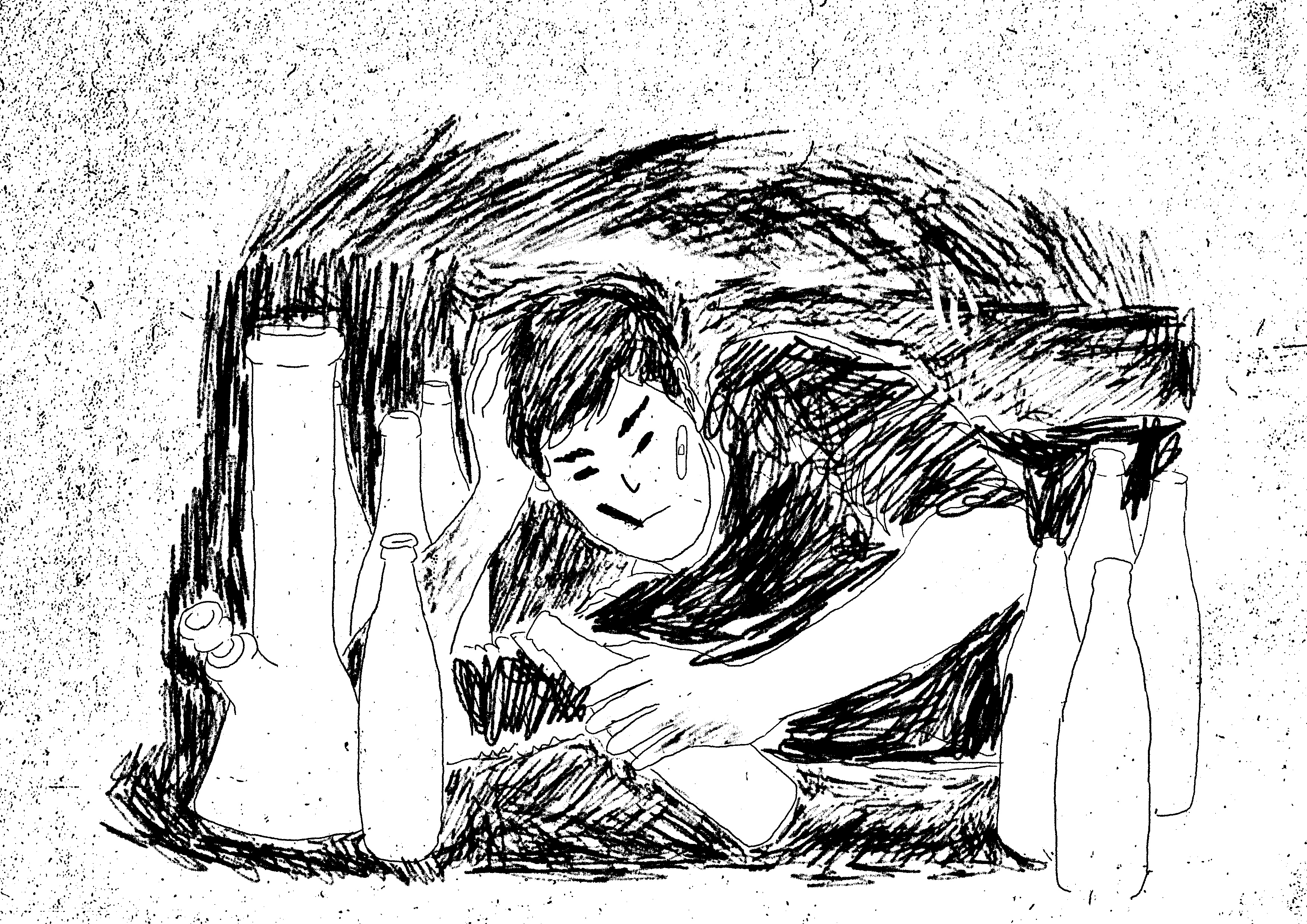
Mental illness can vary in severity. It doesn’t always present itself as blatantly as suicide attempts but it can also be seen in more common portrayals like burnout that can affect the daily functioning of individuals.
Due to the rise of these cases, it is integral to continue signal boosting programs and organisations that create awareness as well as help those who are suffering from mental health issues.
Dr Mohd Fadzli suggested that there should be wide options for medications and non-pharmacological interventions available in both government and private sectors to cater for individualised treatment approach.
As a closing statement, he said, “We must remember that mental illness is real and it can happen to anyone. Mental health issues, however, should not be used as escapism or as a medium to gain popularity or sympathy.”
This should also give way to destigmatising and decriminalising suicide in Malaysia.
For resources, check out the infographic below:
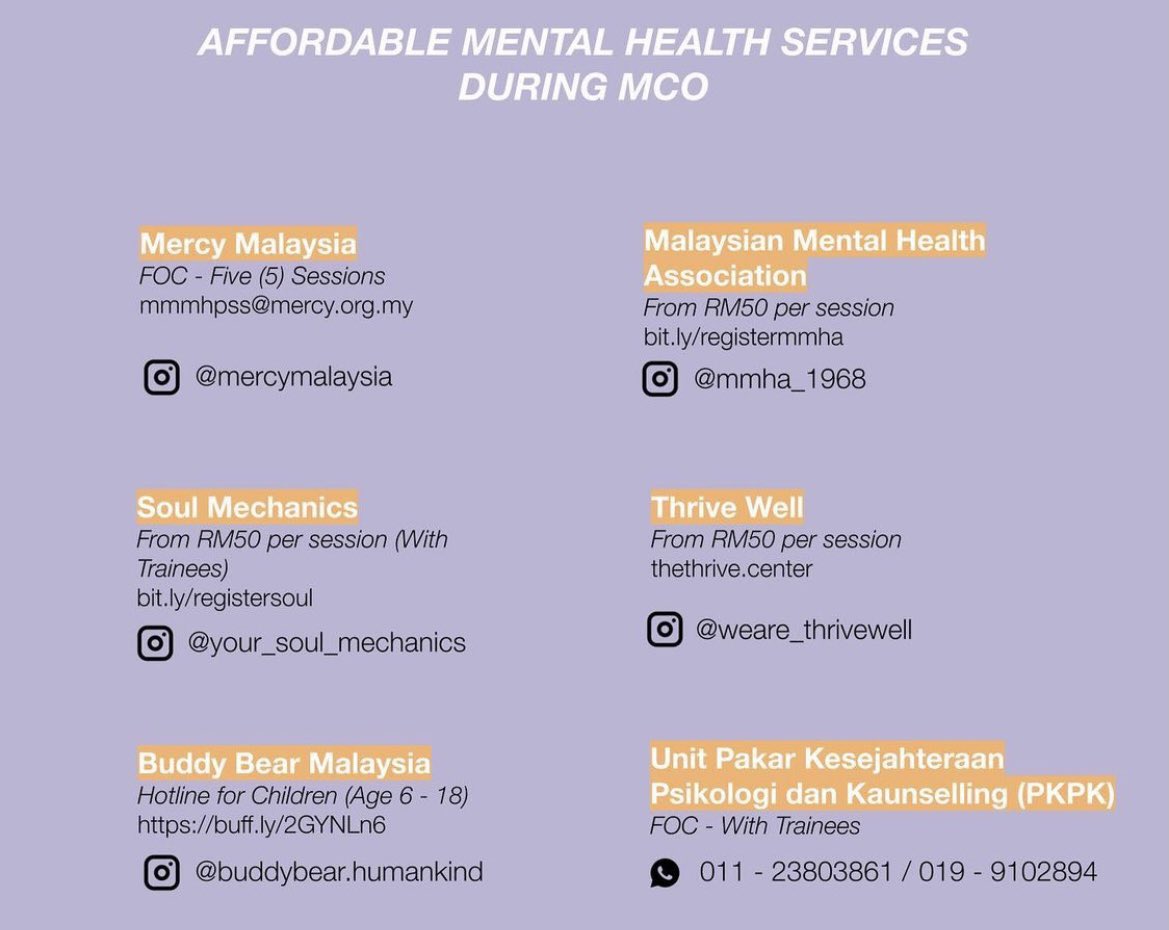


 Get Audio+
Get Audio+ Hot FM
Hot FM Kool 101
Kool 101 Eight FM
Eight FM Fly FM
Fly FM Molek FM
Molek FM